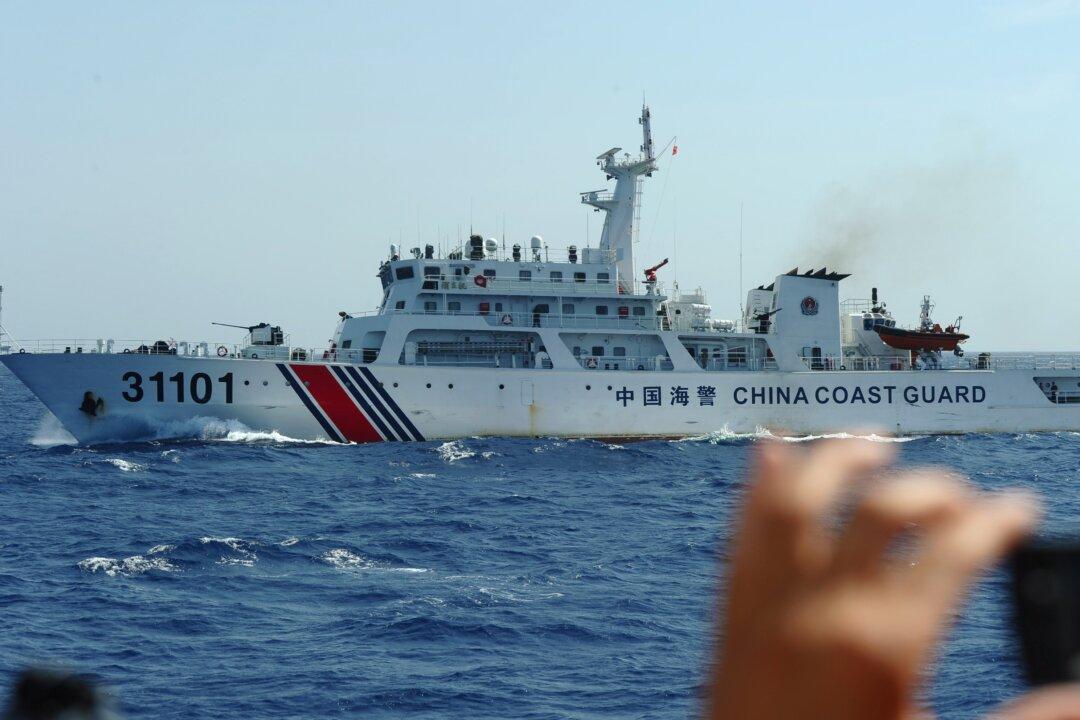HANOI—A Chinese survey ship returned to Vietnam’s exclusive economic zone off its coast on Aug. 13, ship tracking data showed, less than a week after it left the area where vessels from the two countries were locked in a month-long standoff.
The Haiyang Dizhi 8 first entered the zone under Chinese coast guard escort in July and appeared to conduct a seismic survey of waters that are a potential global flashpoint as the United States challenges China’s maritime claims.





